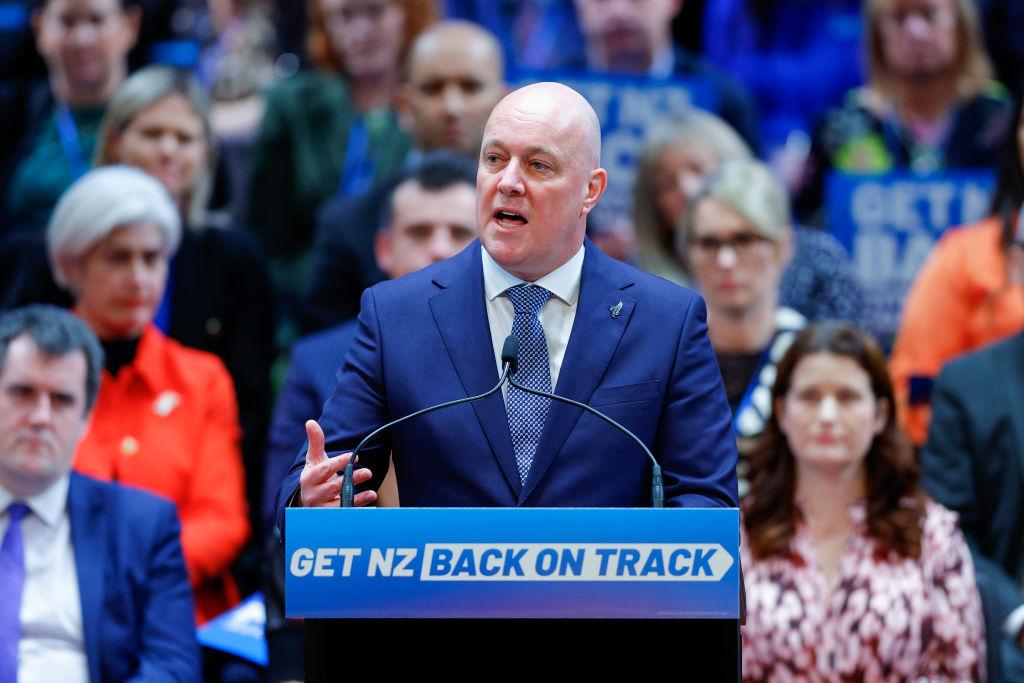Following on from its “First Hundred Days,” New Zealand’s Prime Minister Christopher Luxon has launched the government’s next action plan, setting out key steps it intends to take by June 30 across the economy, restoring law and order, and improving public services.
“There is always more to do and that’s why we are backing up the 100-Day Plan with our next action plan for New Zealand,” Mr. Luxon said.





